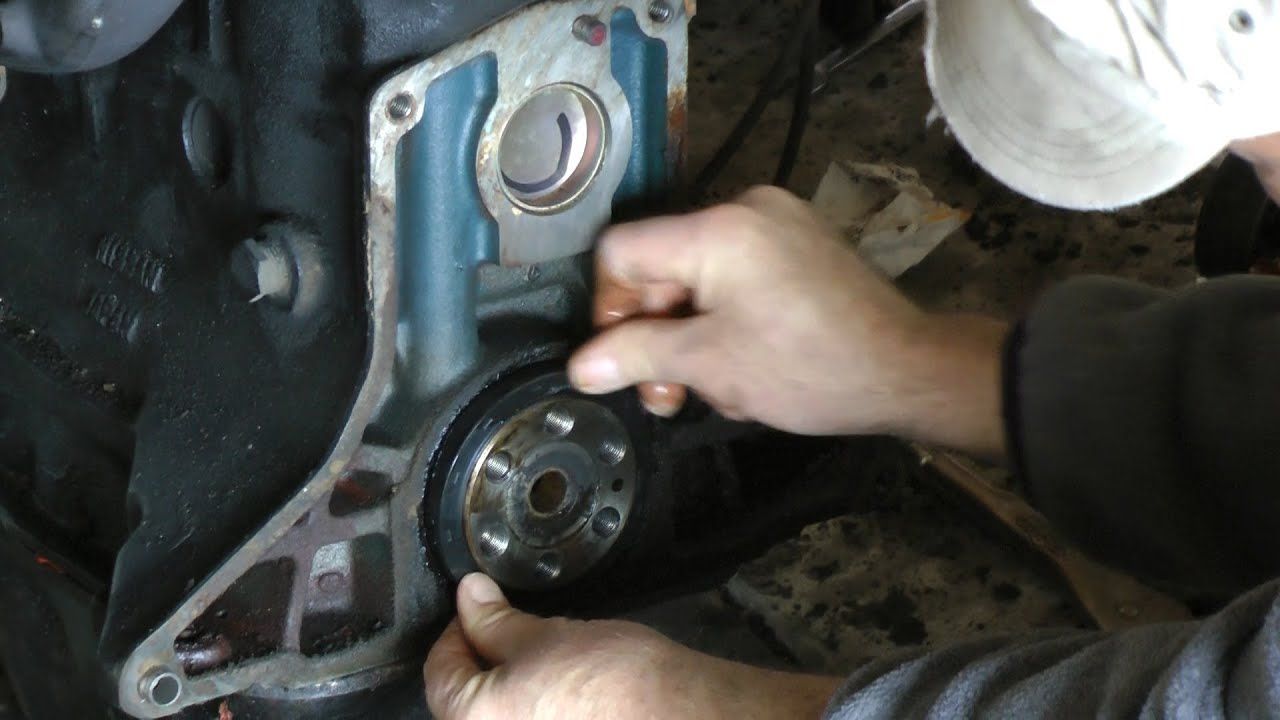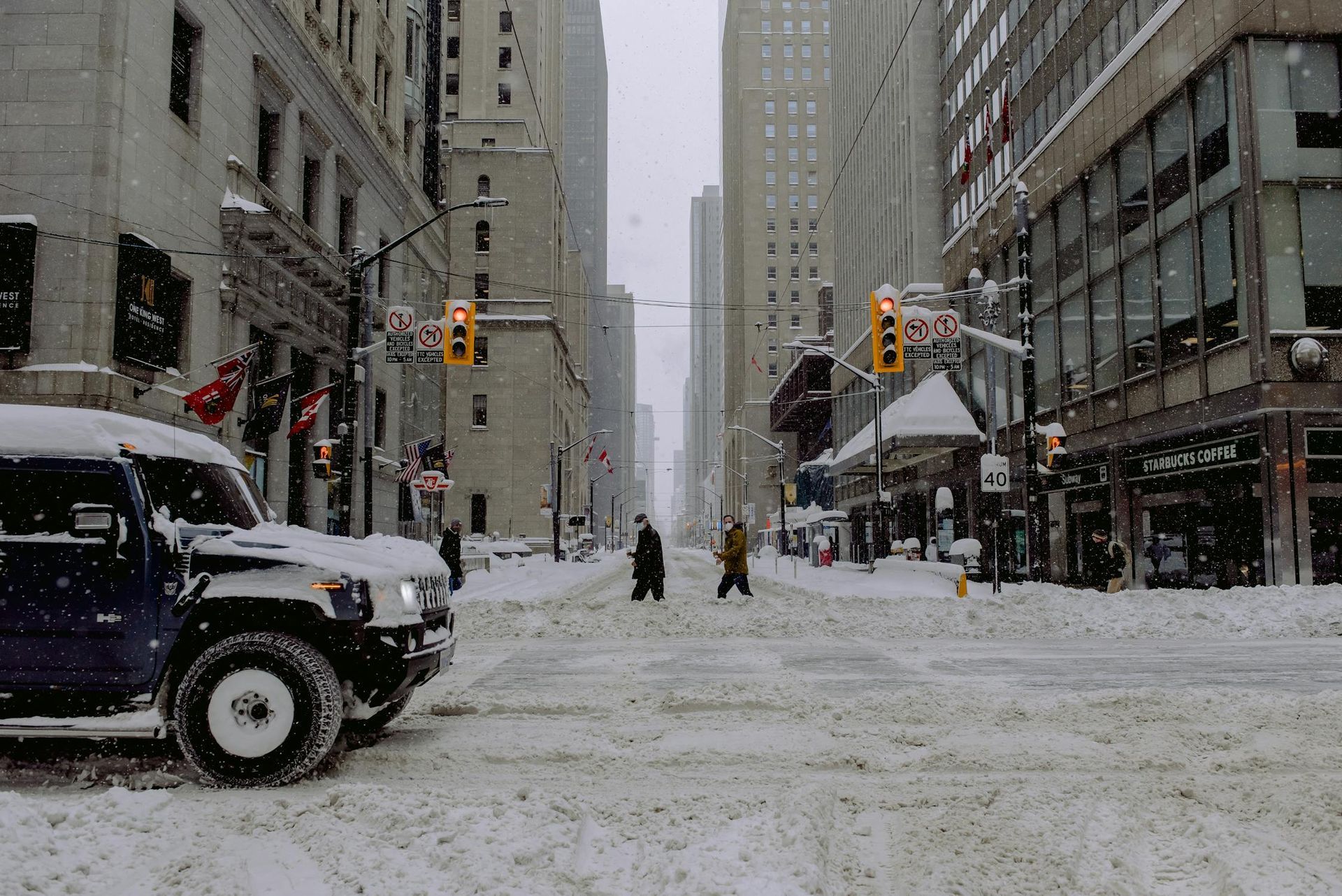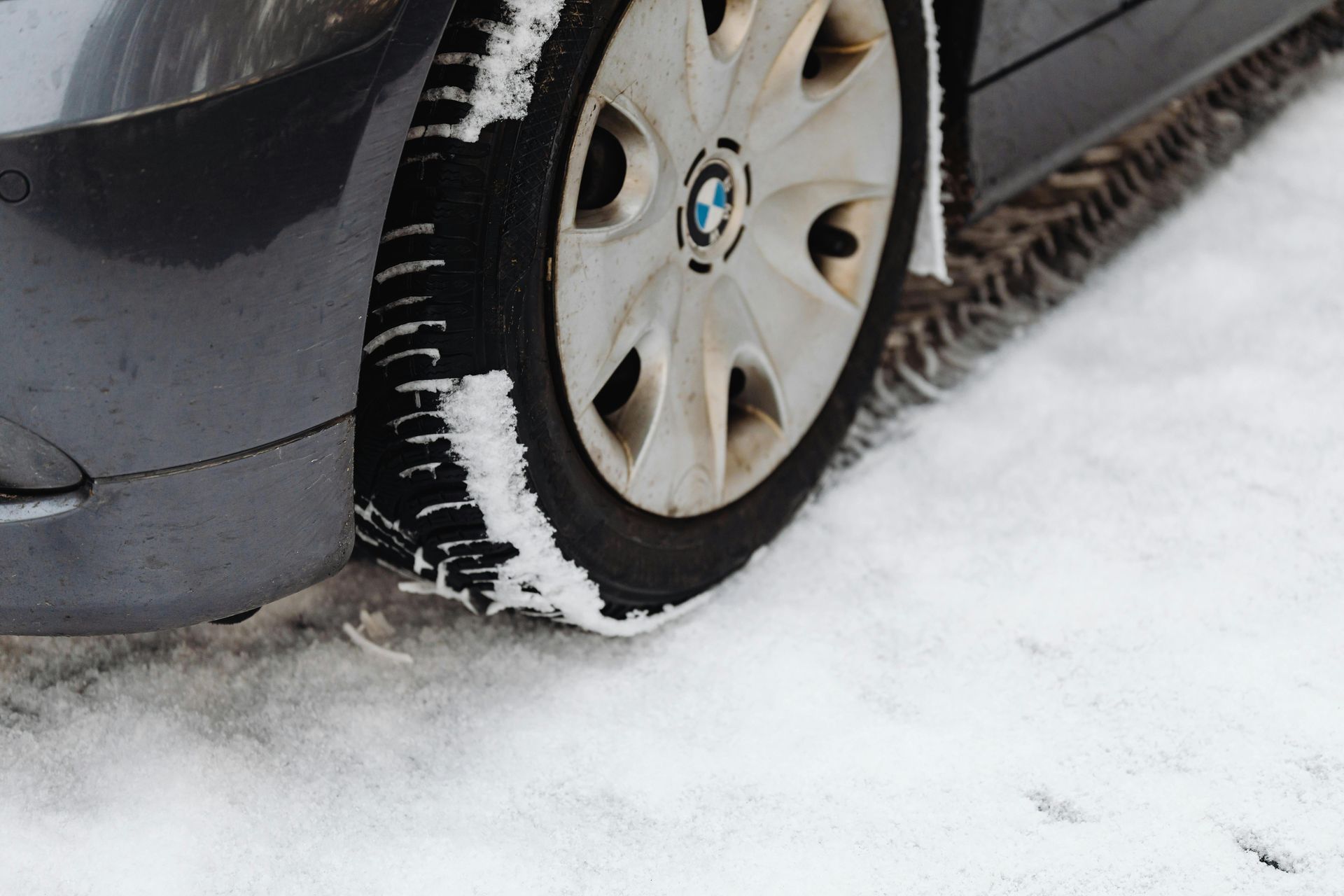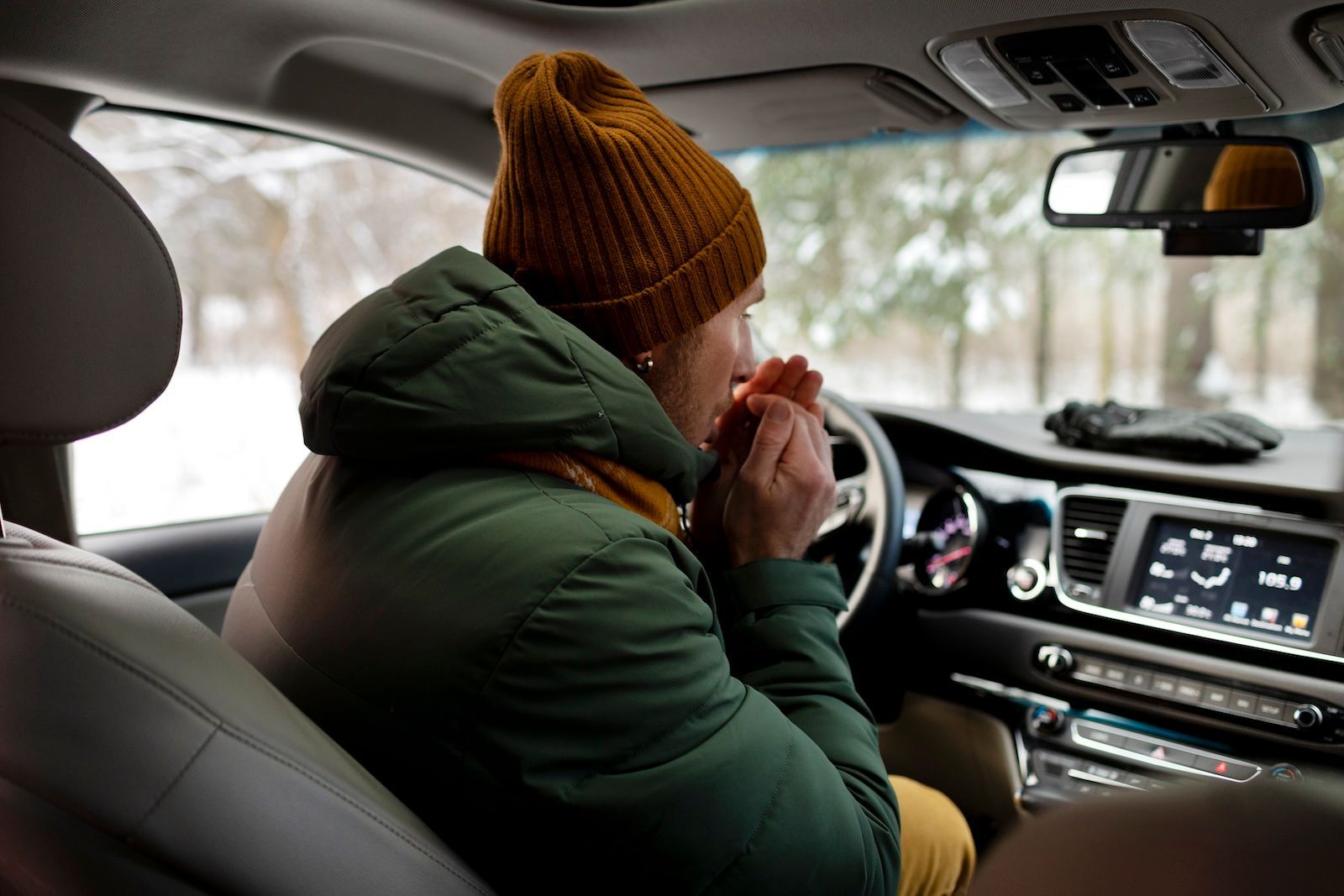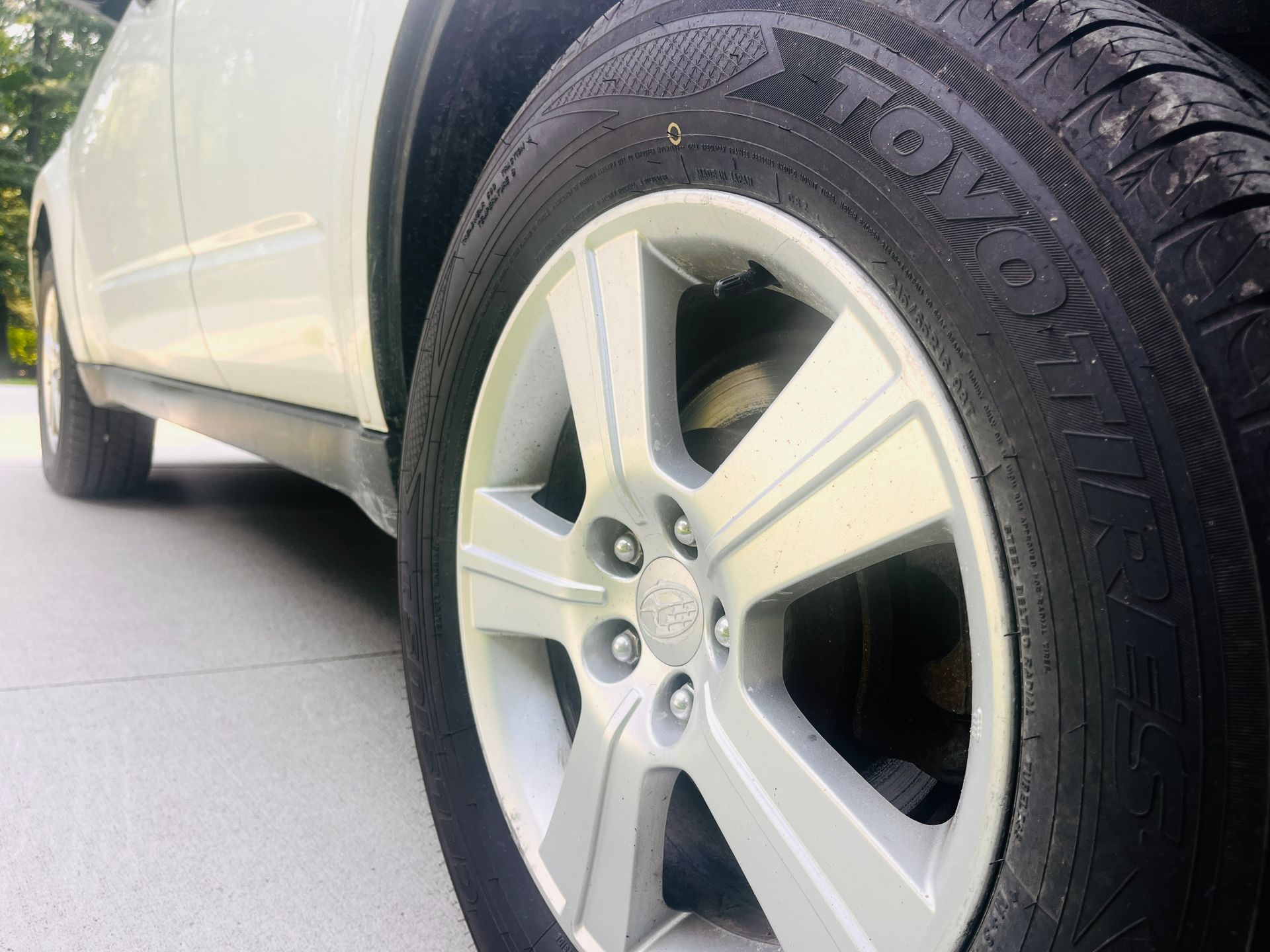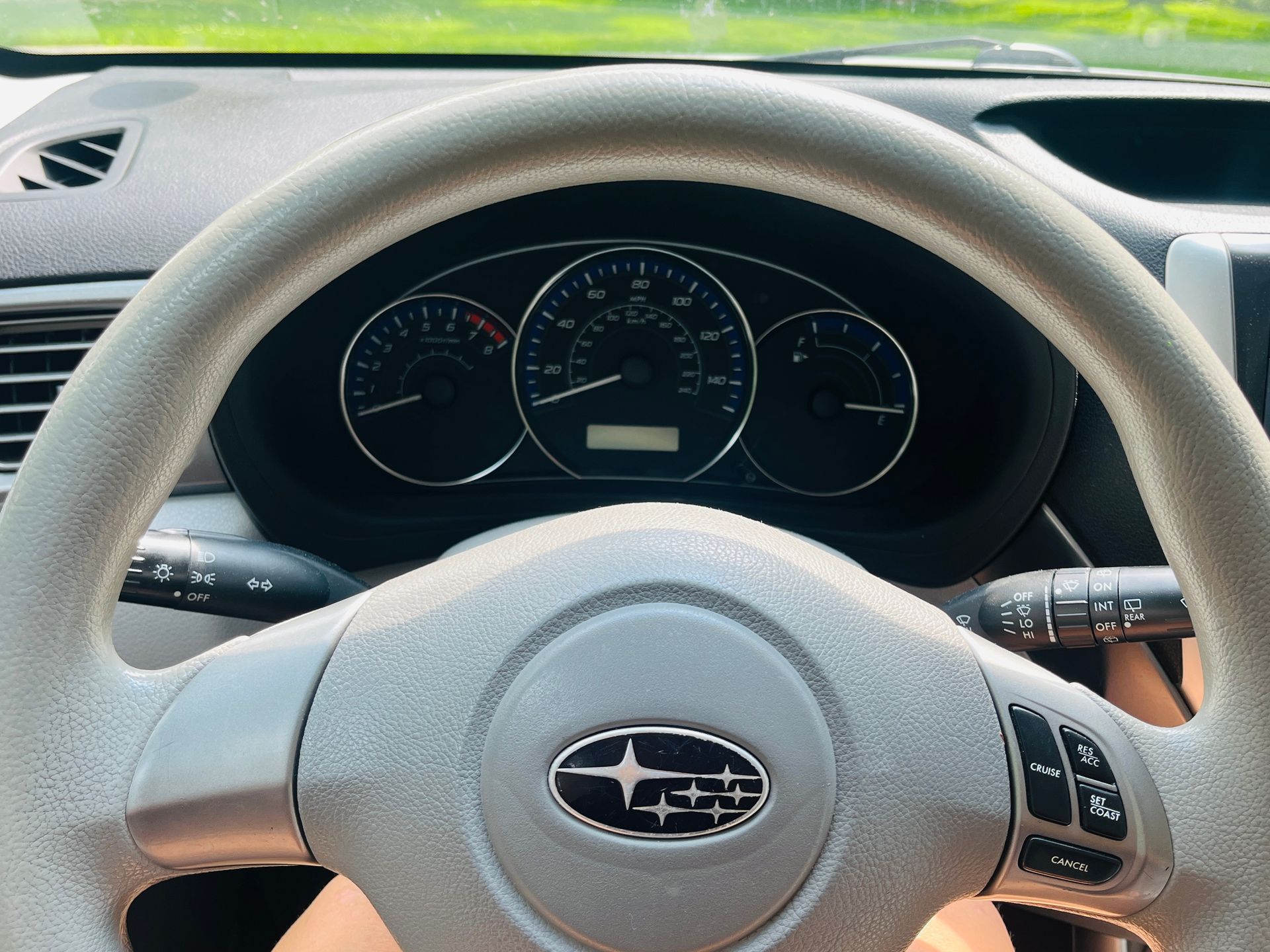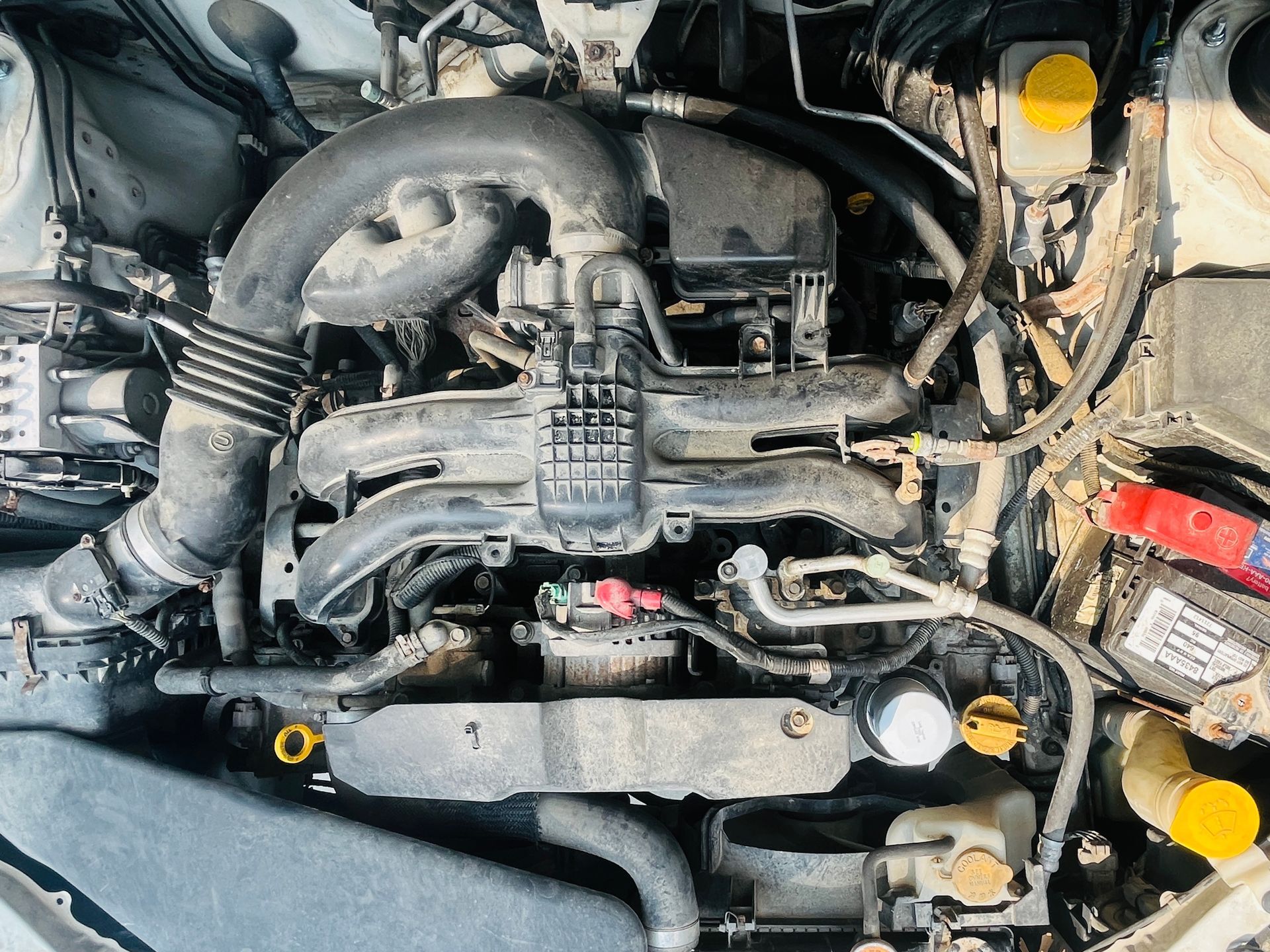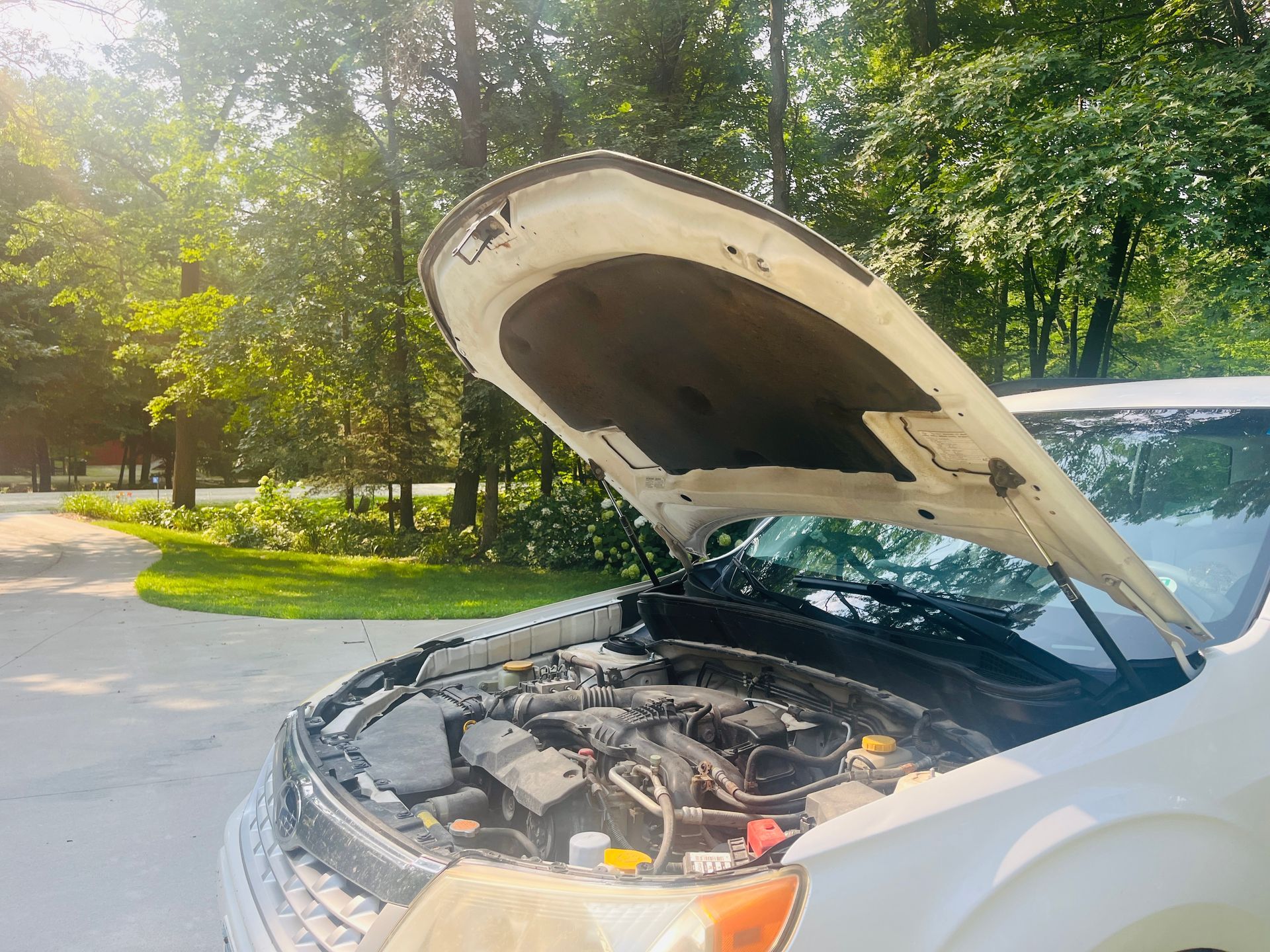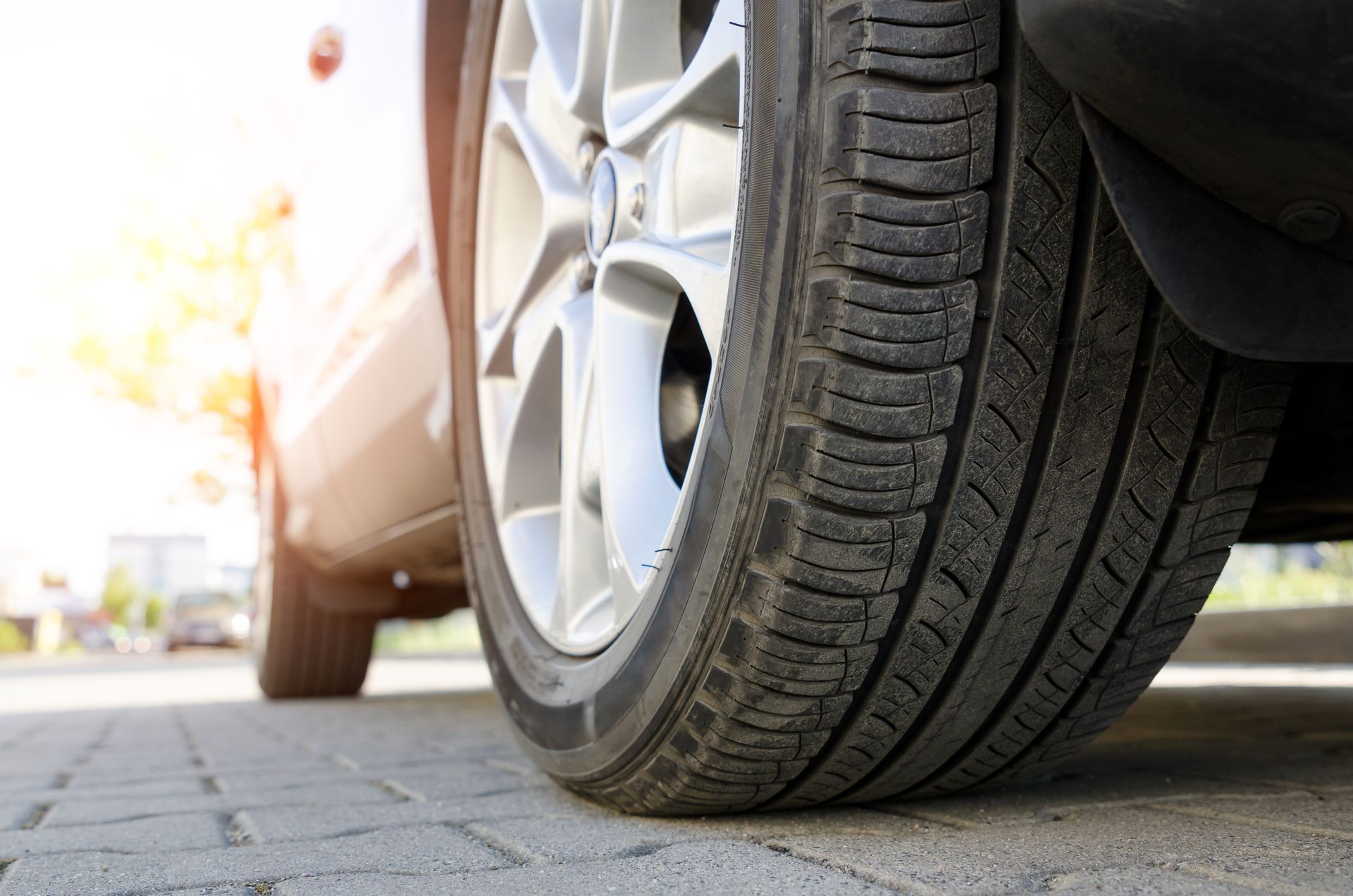Why Won’t My Car Start in Winter?
January 16, 2025
Don’t let winter weather leave you stranded.
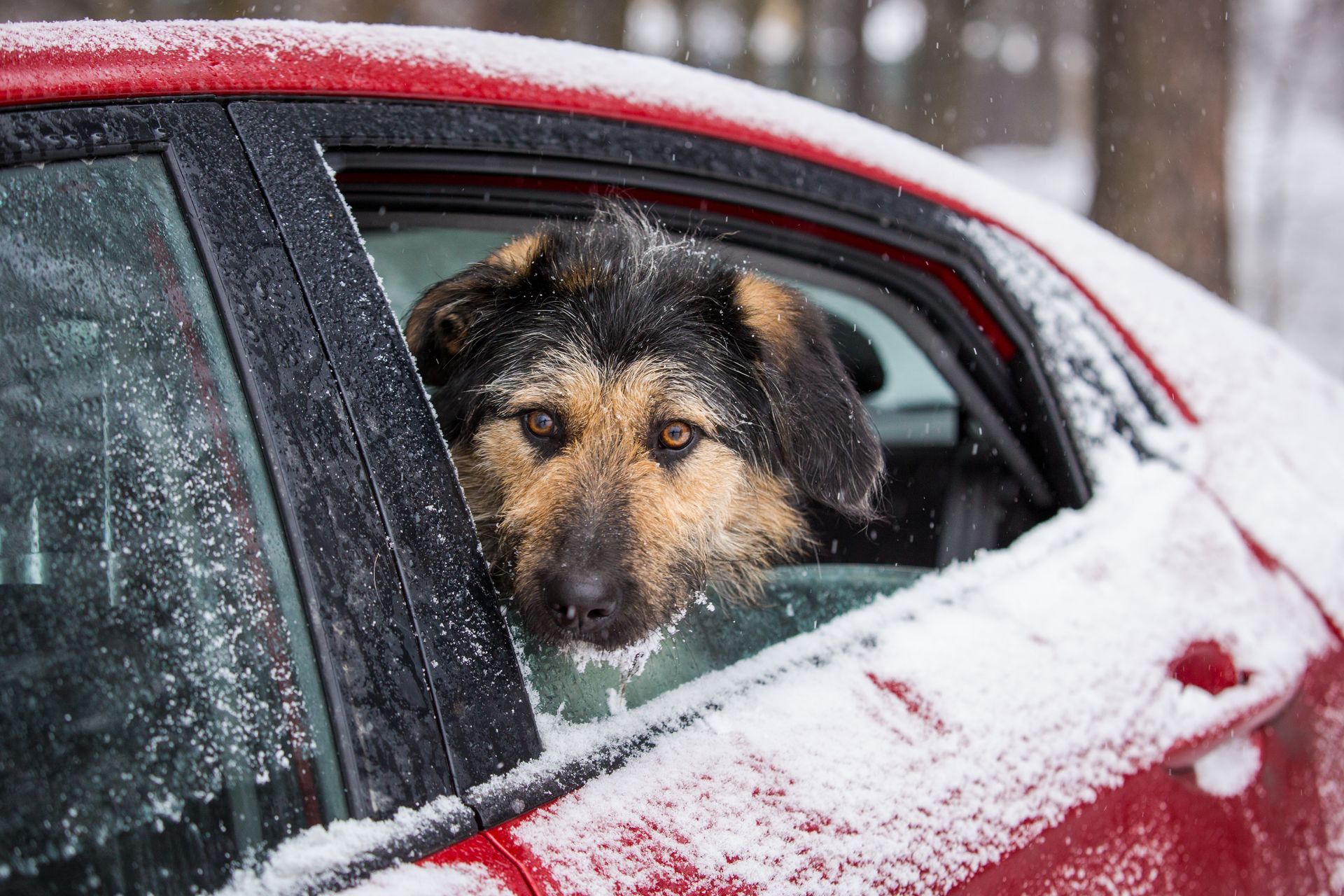
Ah winter time in Minnesota. It brings freezing temperatures, snow, and ice — and unfortunately, it can also mean car trouble. If your vehicle refuses to start on a cold winter morning, you’re not alone. We understand how frustrating this can be, so let’s break down the common reasons why cars struggle to start in the winter and how you can prevent these issues.
1. Weak or Dead Battery
Cold weather is hard on car batteries. As temperatures drop, the chemical reactions inside the battery slow down, reducing its power output. Combine that with the extra energy required to start a cold engine, and it’s no surprise that battery failure is the number one reason cars don’t start in winter.
Prevention Tips:
- Have your battery tested before winter hits.
- Keep jumper cables or a portable jump starter in your car.
- Replace batteries older than three to five years.
2. Thickened Engine Oil
As temperatures plummet, engine oil thickens, making it harder for the engine to turn over. This is especially true if you’re using the wrong type of oil for winter conditions.
Prevention Tips:
- Check your owner’s manual for the recommended oil viscosity for winter.
- Schedule an oil change before winter to ensure you’re using cold-weather-friendly oil.
3. Faulty Starter Motor
A malfunctioning starter motor may not show signs of trouble until cold weather sets in. If you hear a clicking noise when you turn the key but the engine doesn’t start, the starter motor could be the culprit.
Prevention Tips:
- Have your starter motor inspected during routine maintenance.
- Address any unusual noises or delays in starting promptly.
4. Frozen Fuel Lines
In extreme cold, moisture in your fuel lines can freeze, blocking the flow of fuel to the engine. This is more likely if your gas tank is less than half full, as condensation builds up in the empty space.
Prevention Tips:
- Keep your gas tank at least half full during winter.
- Use a fuel-line antifreeze additive if needed.
5. Failing Spark Plugs
Worn or dirty spark plugs can struggle to ignite the fuel-air mixture in your engine, especially in cold conditions. This can prevent your car from starting or cause rough idling once it does.
Prevention Tips:
- Replace spark plugs according to your manufacturer’s recommendations.
- Consider winterizing your car with a full tune-up.
6. Malfunctioning Sensors
Modern vehicles rely on sensors to control the air-fuel mixture and ensure proper engine function. Cold weather can cause some sensors to fail or give incorrect readings, leading to starting problems.
Prevention Tips:
- Have your vehicle’s sensors checked regularly.
- Address any warning lights on your dashboard immediately.
7. Old or Worn Belts and Hoses
Cold temperatures can cause belts and hoses to become brittle, leading to cracks or breaks. If these components fail, your engine may not run properly.
Prevention Tips:
- Inspect belts and hoses for wear and tear before winter.
- Replace any that show signs of aging or damage.
Stay Prepared with Babcock Auto Care
At Babcock Auto Care, we’re here to keep your vehicle running smoothly all winter long. Whether you need a battery test, oil change, or a full winter inspection, our expert technicians have you covered. Schedule your winter maintenance appointment today and drive with confidence this season. Contact us or stop by our Rochester, MN, location to learn more about our services.

